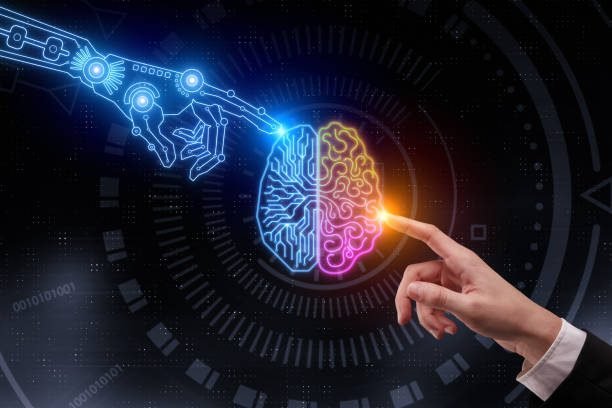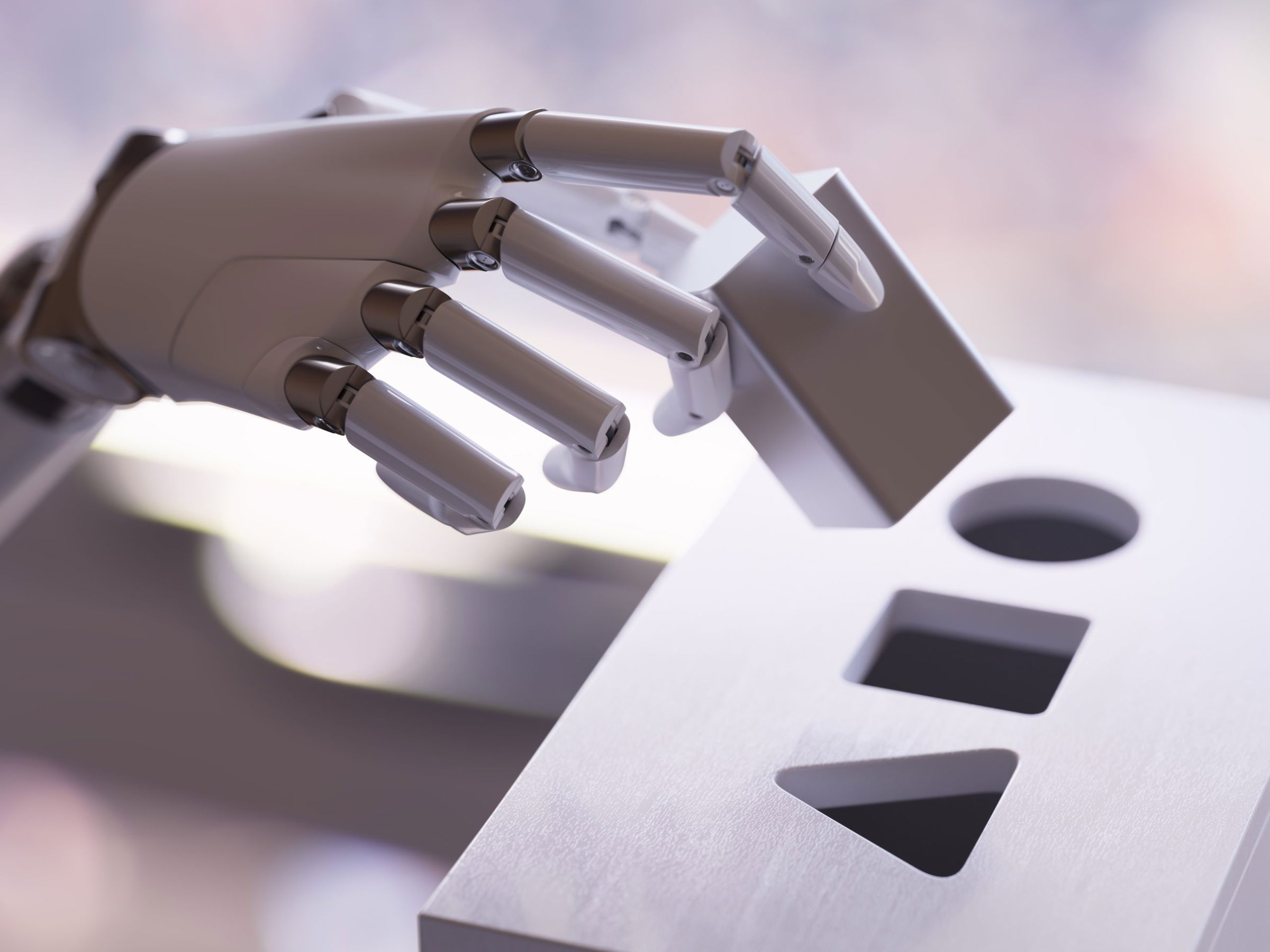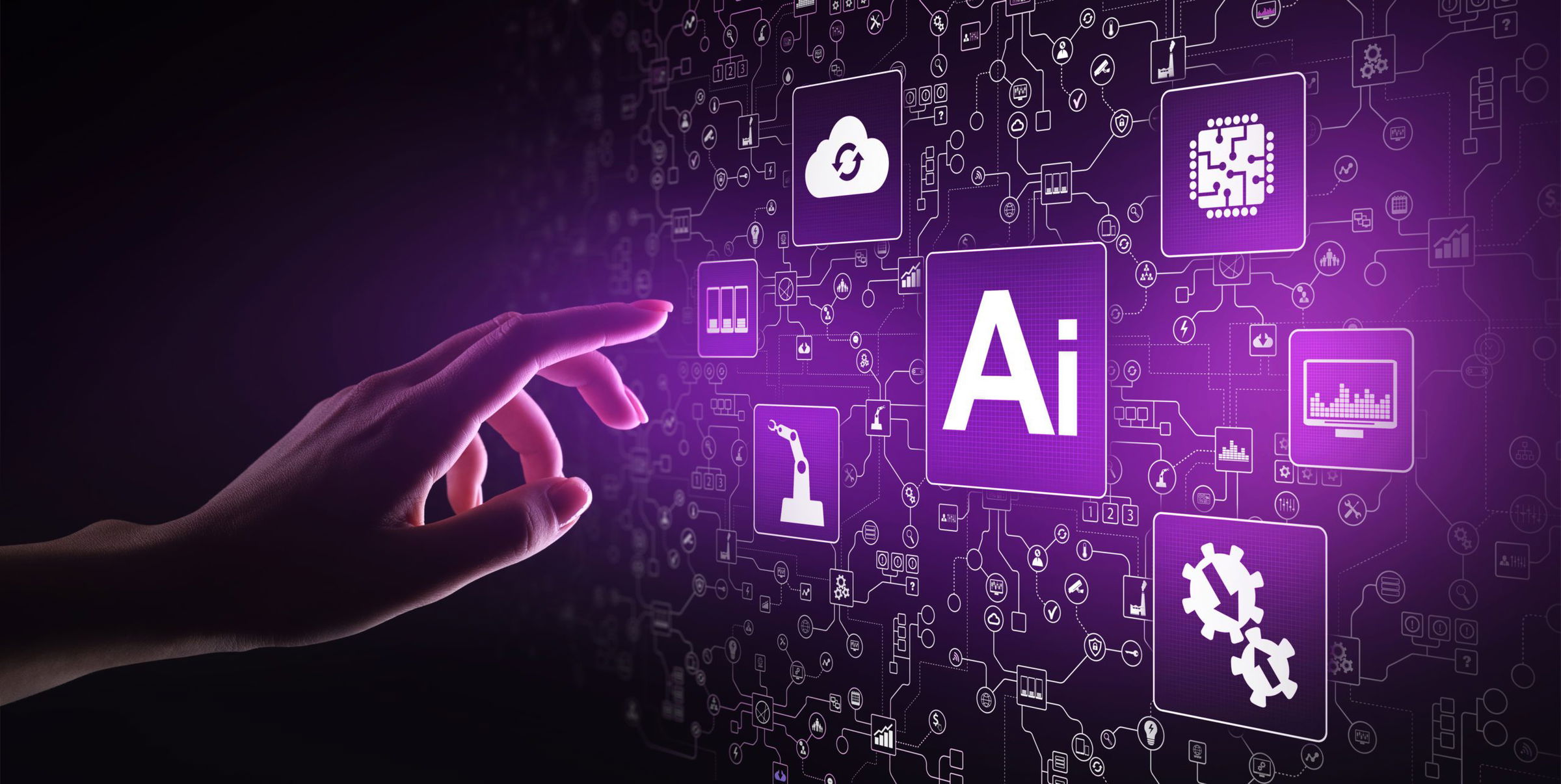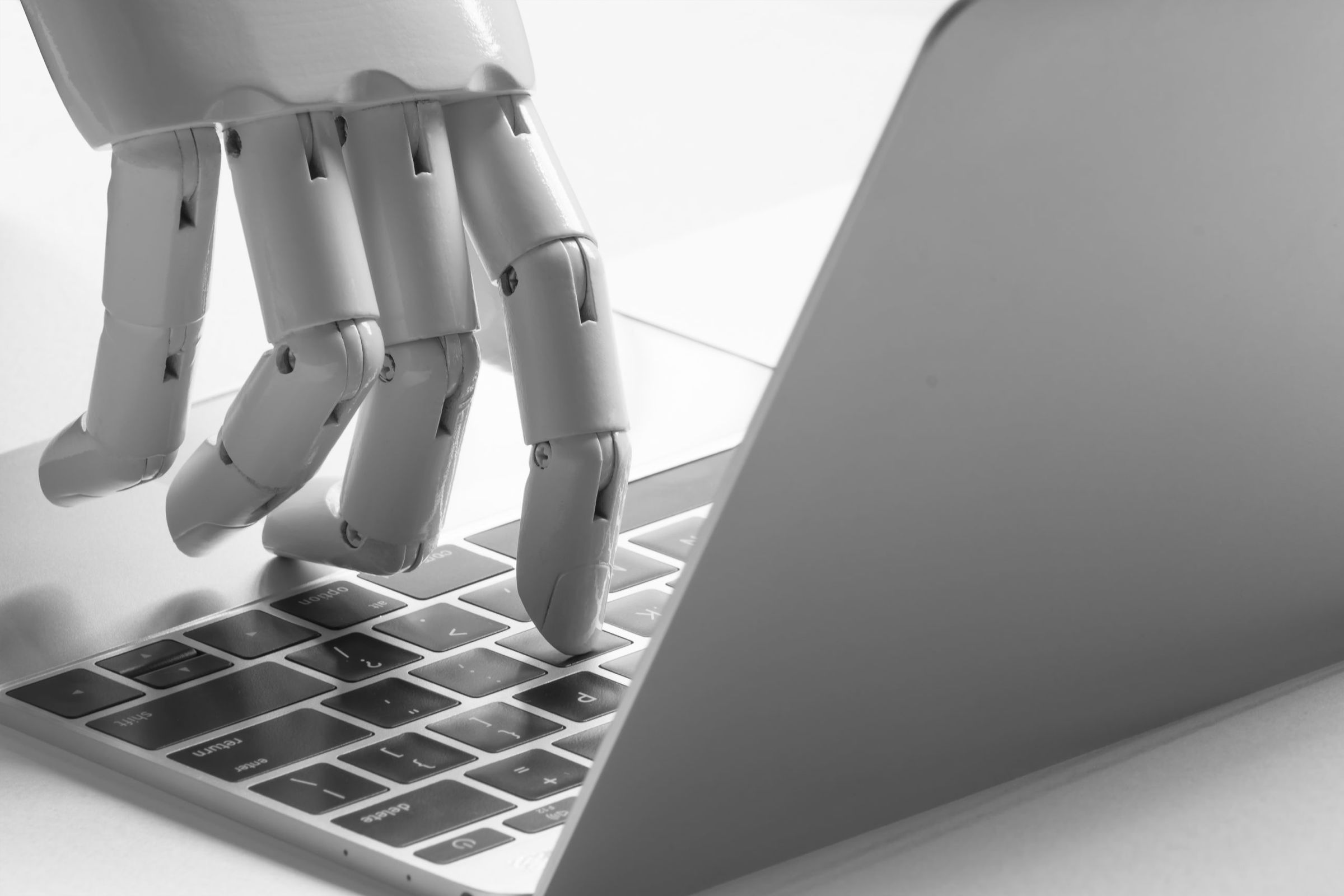John McCarthy coined the term ‘Artificial Intelligence’ more than 6 decades ago. We have been dreaming of a technology-enabled future for decades and it is turning into reality now. Artificial Intelligence is the programming of machines to imitate human intelligence and their actions. It helps in minimizing human efforts along with improving speed, accuracy, and effectiveness.
Today, there are huge numbers of data created in almost every sector. There is a need for Advanced Algorithms, huge data management, storage, analysis, and several other complex tasks. Artificial Intelligence and machine learning training is gaining popularity due to this increasing need for accuracy, precision, and effectiveness.
It’s interesting how Artificial Intelligence has grown over a small period in several sectors. Education, Transportation, Sports, Media, Marketing, Banking and Finance, and so on goes the list of industries that use Artificial Intelligence.
How Artificial Intelligence Helps in the Restaurant industry
Below are a few examples of the application of Artificial Intelligence in the Restaurant Industry.
Forecast Sales. People indeed make orders based on a specific climate. You would not go for a hot cup of cocoa on a hot humid day. You would go for something that is cooler. The climate makes an impact on the food and beverages sold by an eatery. AI with Machine Learning helps the restaurant to project their sales based on the orders made, current weather conditions, and past sales performance.
Scheduling Capabilities. Predictive Scheduling is fundamental these days. Staffs need to be informed in advance of their schedules, whom to be switched with, shifts, etc. Doing this manually can get quite tiresome for the manager. Artificial Intelligence provides help with this kind of function. It can perform a lot of scheduling tasks in an efficient time that would normally take up a lot of human effort and time.
Smart Virtual Assistant. Virtual Assistants and related technologies have been gradually growing over the past few years. It gathers various information related to the restaurant and presents it to the user when they search about it. Based on the information customers pick a suitable restaurant. Therefore they play a direct role in the growth and sales of the restaurant.
Robots. Is it possible? Yes, definitely. It won’t be a while before we may actually be delivered food from robots. A restaurant chain in Pasadena named Caliburger was one of the firsts to bring in a robot to their kitchen. Though it is yet to come into effect in India, it could take the restaurant sector to a whole new level of functioning.
AI-Driven Kiosks reduce waiting time and improve the eatery experience for customers. These systems act as POS systems and make the ordering process simpler for the customers.
Inventory and Purchasing. Pos systems integrated with Inventory and Purchasing can improve efficiency and helps in reducing losses. It helps to track and order based on sales, menus, and recipes. One can cross-verify between the actual food preparation and the portion of food left, thereby helping to find out sources of waste and theft in your kitchen. AI-powered restaurant management solutions ensure the right supply of materials and help to remove one more tedious work from your list.
Mapping And Management Tools. Delivery is gaining popularity these days. It is important to optimize the delivery routes for quick, efficient, and quality food delivery. Management Tools helps to keep a check on the drivers’ progress, guide on routes and on how to save miles and time, and keeping the customers in the journey throughout.
Self Serve Options powered by Artificial Intelligence could work wonders in the Restaurant Sector. Though it has not come into effect in India, self-serve kiosks could speed up the services without actually sacrificing the human touch. Customers can browse through menus, make orders, and make payments online without having to stand in long queues. This helps in improving customer satisfaction.
Artificial Intelligence is changing our lives in more ways than we know in this 21st century. So is Artificial Intelligence helping to reshape the Restaurant Industry. The AI-powered tech advancements these days are critical in boosting sales and increasing customer satisfaction to a much higher level. Since most individuals have already embraced digital technologies, it would only make it smarter and easier to inculcate Artificial Intelligence in the Restaurant Industry.



 In order to pursue an
In order to pursue an 



 AI is applicable in every conceivable field & recent advancements are increasing the relevance of AI in every sphere. Here are the top applications of AI:
AI is applicable in every conceivable field & recent advancements are increasing the relevance of AI in every sphere. Here are the top applications of AI:
 In an artificial intelligence tutorial, you will learn the basics of AI, its applications, and how it can be used to make an otherwise tedious process simple.
In an artificial intelligence tutorial, you will learn the basics of AI, its applications, and how it can be used to make an otherwise tedious process simple.


